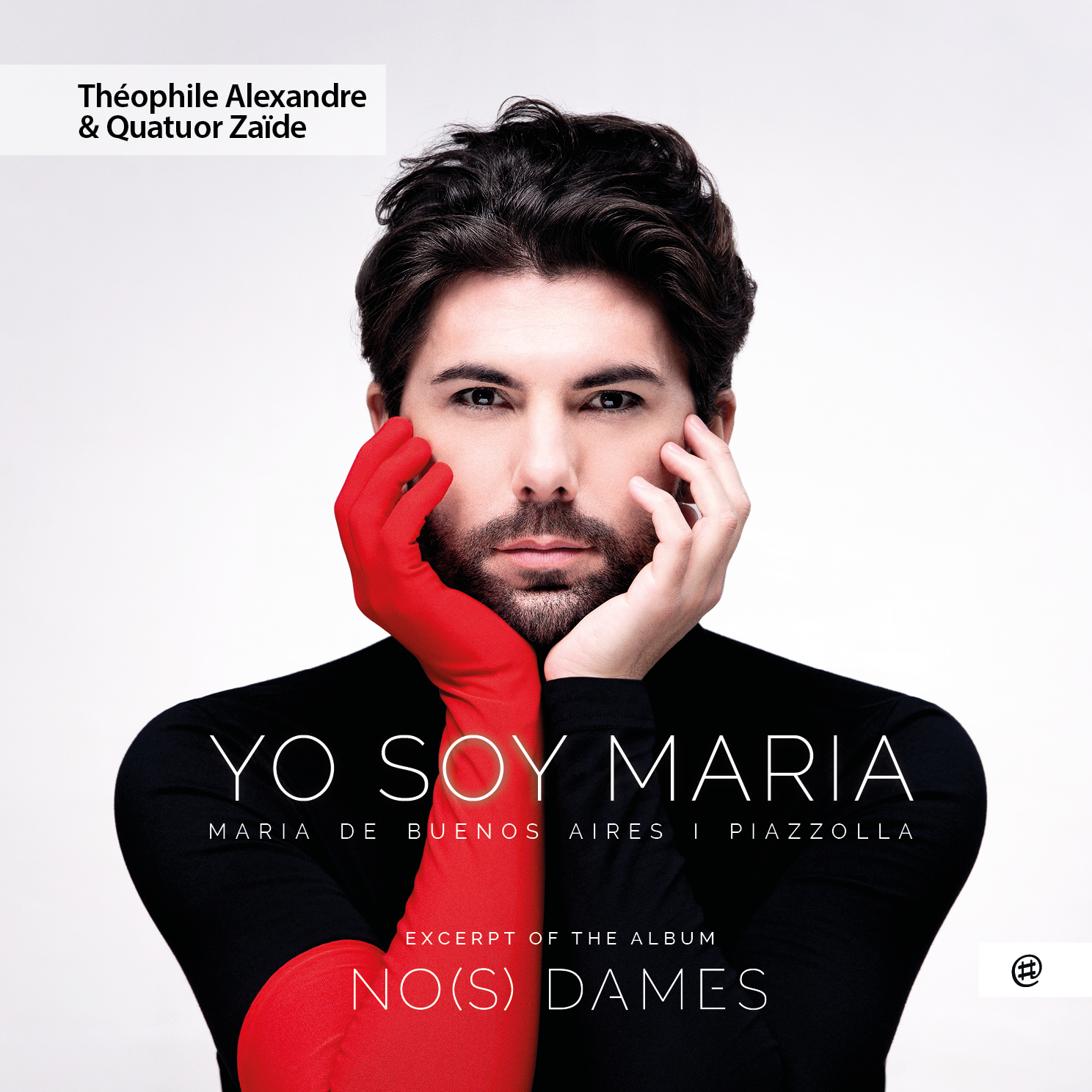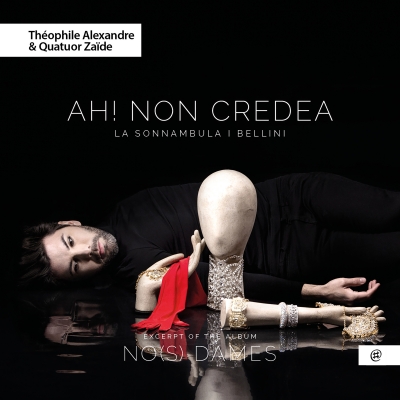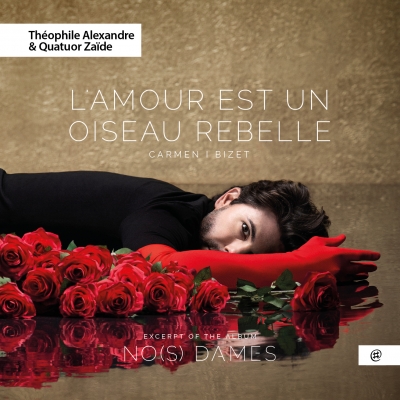No(s) Dames (Our/No Ladies) were created to honour the heroines of four centuries of masculine operas, in order to celebrate their musical beauty while deconstructing their gender roles. Indeed, in this patriarchal heritage, the role of women is at the very least ambiguous, combining the sumptuous and the monstrous, divine arias and mistreating roles. Under all the velvet and the gildings, the diva aria often signals impending death, the woman is a queen only in the arena, pretended to be adored when she is more « matadored », as if it were madly romantic to equate ‘dames’ and ‘dramas’; as if for them, love could only be orchestrated to death under the wand of these gentlemen… Dame! By forcing his male words in your mouth, the librettist of Carmen had warned you: “If I love you, beware!”.
In the face of the deceitfulness of this heritage, what to do? “Prima la musica” and turn a blind eye to the rest? Rewrite the librettos? Warn the spectator that the masculine work presented reflects an era advocating values that are unconscionable today?…
We have chosen to reverse the traditional roles, by redistributing for the first time the musical direction to a quartet of women and the Ladies’ agonies to a man, in order to universalize these arias and make them live as allegories of human sufferance rather than gender ill-fates reserved to women.
In 2022, here are No(s) Dames: a genderless reinterpretation of 23 operatic icons and their series of multiple massacres; 23 stereotypes of madonnas, bitches and witches, inverted then assembled in a surreal musical collage. In No(s) Dames, Manon’s farewell then blends with that of Violetta ; Marie’s dreams of escape echoe Amina’s nightmares; Giulietta, Carmen and Maria become a sole temptress; Armide’s hysteria bodes Alcina’s fall…!
By connecting these women substitutes in their morbid sisterhood, No(s) Dames plays to the exquisite corpse, underlining the repetition of tragic destinies for these masculine heroines and drawing in undertones the portrait of a one and only idol: the DAME, as fantasized, created and imposed on women by men throughout centuries or continents.
Musically, we chose to give the arrangements of these macabre rituals to the talented Eric Mouret, with the crazy mission of transforming these epics for soprano and orchestra into quintets for string instruments and countertenor voice! Worse, we wanted to keep their orchestral flamboyance whilst injecting our chamber music intimacy. And even worse, we wanted to turn the Barcarolle into a tango that announces Carmen; give back to Juliette the original cords of her theme already written by Bellini in Adelson e Salvini; cut variations of the I masnadieri prelude or of Joan of Arc to tighten the argument.
There followed 9 months of creative laboratories to bring to life the unity of sound of No(s) Dames, while playing with the juxtaposition of styles to create an extreme contrast in between all our reinterpretations.
For the string instruments: from stretching to the maximum the bel canto to the baroque attacks that snap like consonants; from the «lush» sound of the old Hollywoodian violins in Youkali to the shrillness of Alcina, resembling the lacerations in Psycho; from the brutality of the “sidewalk” wind instruments of Maria to the possessed agoges of Salome…
For the voices: from the deprivation of Manon to Zaïde’s revolt; from the dreamy nostalgia of Marie to the maternal despair of Norma; from the gutturalness of the suburbs of Maria to the tightrope vocality of Amina…
For each one, we wanted to give a meaning to the sound and re-humanize these arias – an endeavour that can’t be separated from the articulateness of the text, as in songs -, thus excluding the whirls of colora(tor)tura in these high pitches where the language is no longer humanly possible.
For all of them, we wanted to explore the strength of the feminine and the fragility of the masculine, as opposed to all caricatures, by playing on the ambiguity of the countertenor’s voice and the earthbound strength of our strings’ matrix. Last but not least : we wanted the sound recording to be raw, unvarnished, with an intimate proximity, to better tell you the truth of each story under the sublime of the music.
On a more personal level, No(s) Dames is for us a project of maturity: artistic already, by asserting ourselves more as artists than performers, with this creative audacity and that quest for meaning that both challenge the status quo – especially in classical music where restitution is most important – without daring to question too much the substance of what we are restituting; human maturity as well, by assuming our responsibilities, in particular that of conscientiously choosing what we in turn transmit to our children who ask us at the opera: «Tell me mom, tell me dad, why is the lady screaming? Why is she crying? Why is she dying ». We no longer want to answer: «Because a man loves her…».
So… are No(s) Dames feminists? They are above all humanists, since untying the corsets of gender is left up to all of us, women and men united, so each one of us will be respected. In that sense, No(s) Dames is a lyric manifest of love, empathy and collective hope: raising fists but holding hands, and now on reaching out to you.
Théophile & the Zaïde.



